
Discover 20 helpful tips for motivating gifted kids to enjoy thinking deeply. Teach them to love tackling problems by helping them develop a growth mindset.

Discover 20 helpful tips for motivating gifted kids to enjoy thinking deeply. Teach them to love tackling problems by helping them develop a growth mindset.
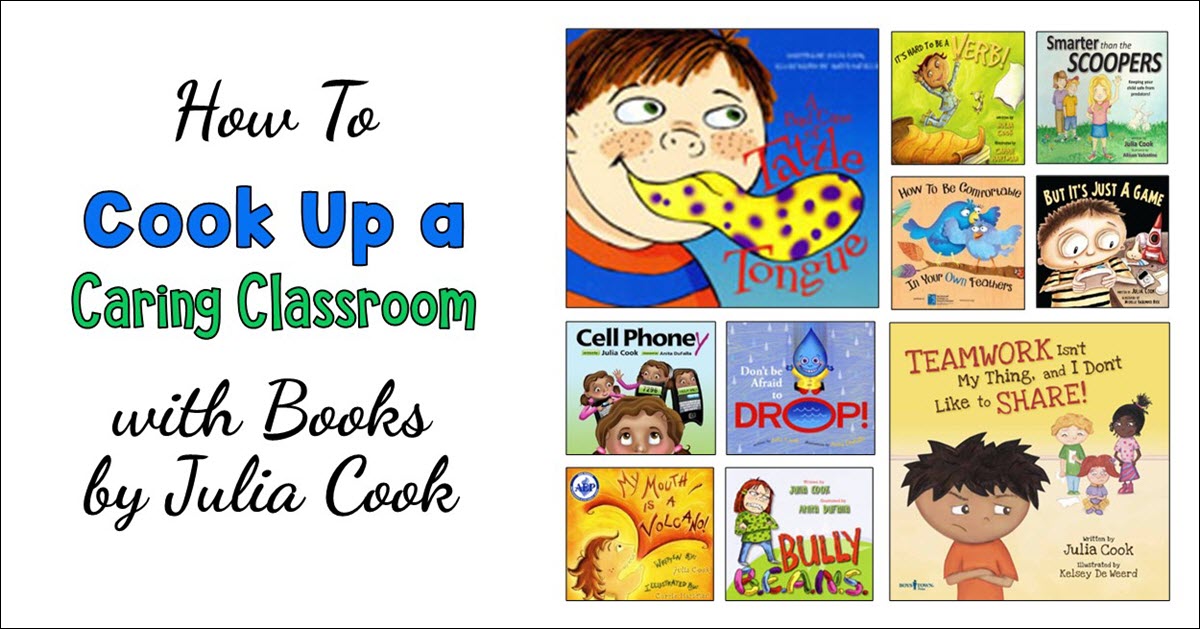
Raising academic standards is certainly a worthy goal, but sometimes it can have unintended consequences. To find time to teach the rigorous reading and math
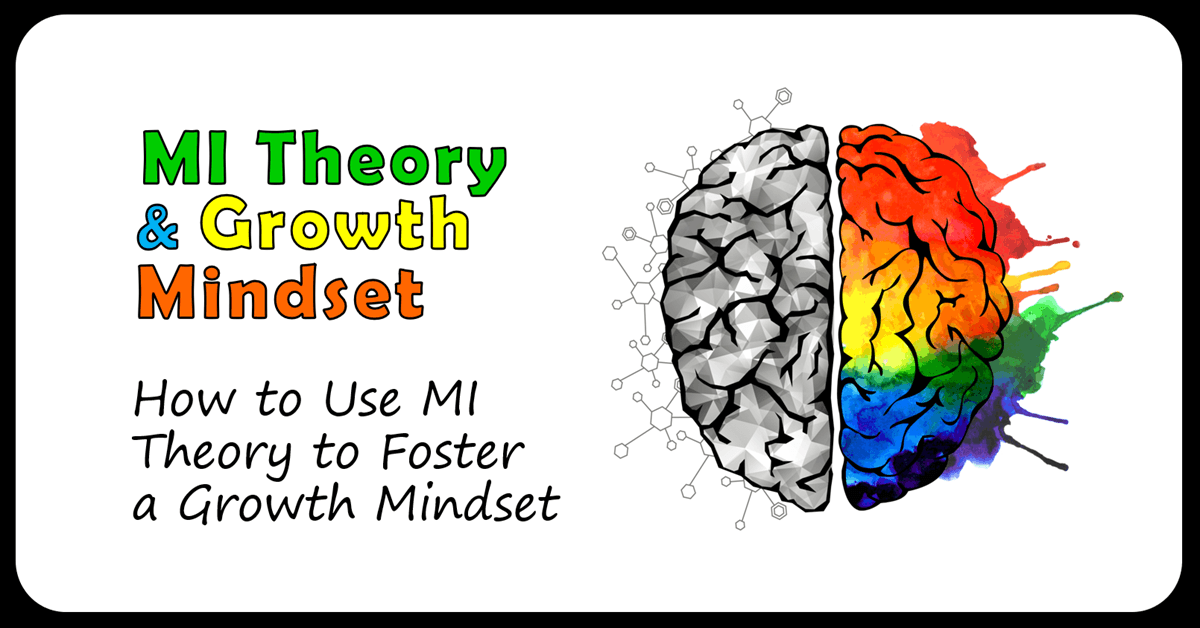
Dr. Howard Gardner first proposed Multiple Intelligence (MI) theory over 40 years ago, suggesting that IQ is not one-dimensional, and that it can’t be described
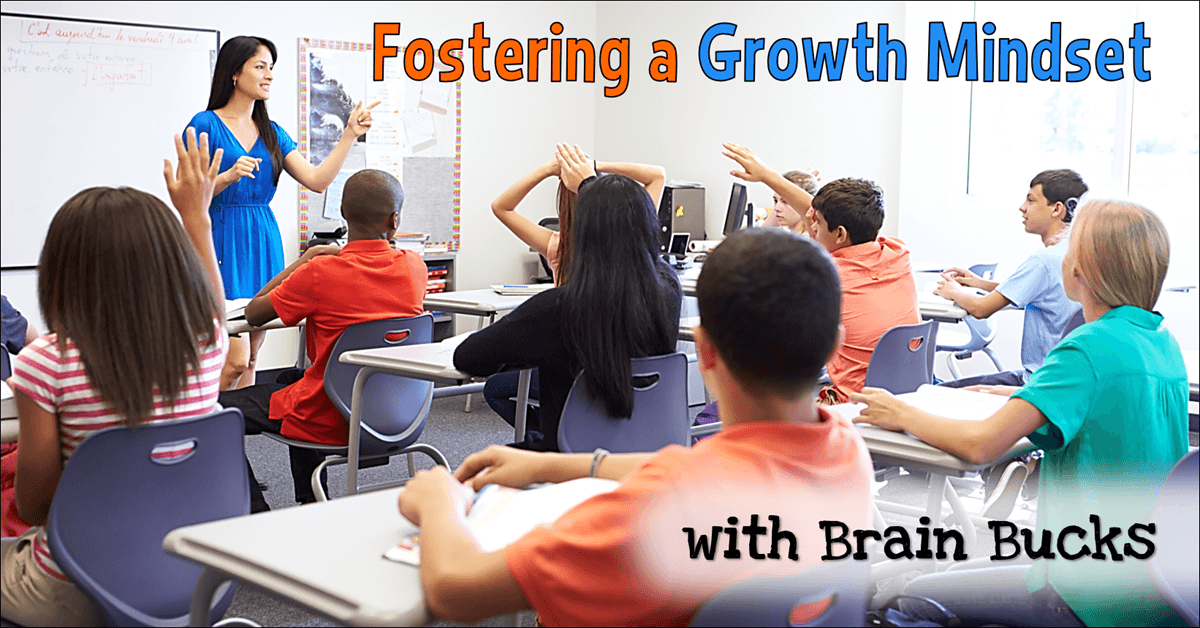
Brain Bucks provide a fun, effective, and inexpensive way to encourage students to think outside the box and develop a growth mindset. Read this post
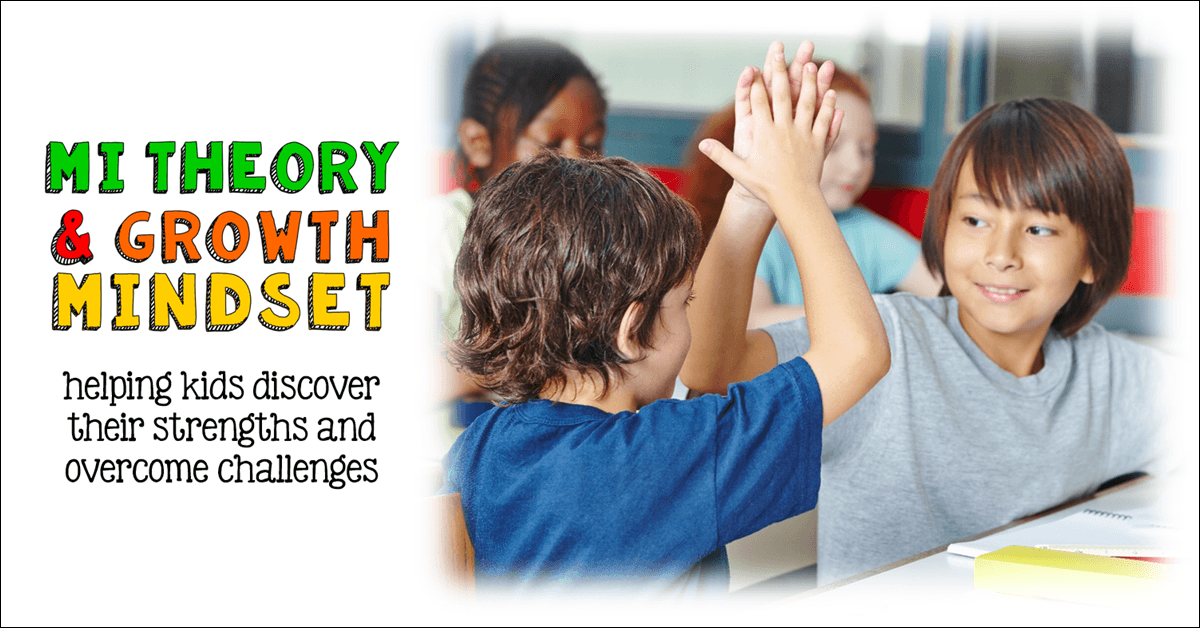
Multiple Intelligence Theory and the research on Growth Mindset offer us insight into how the brain works, what it means to be intelligent, and how
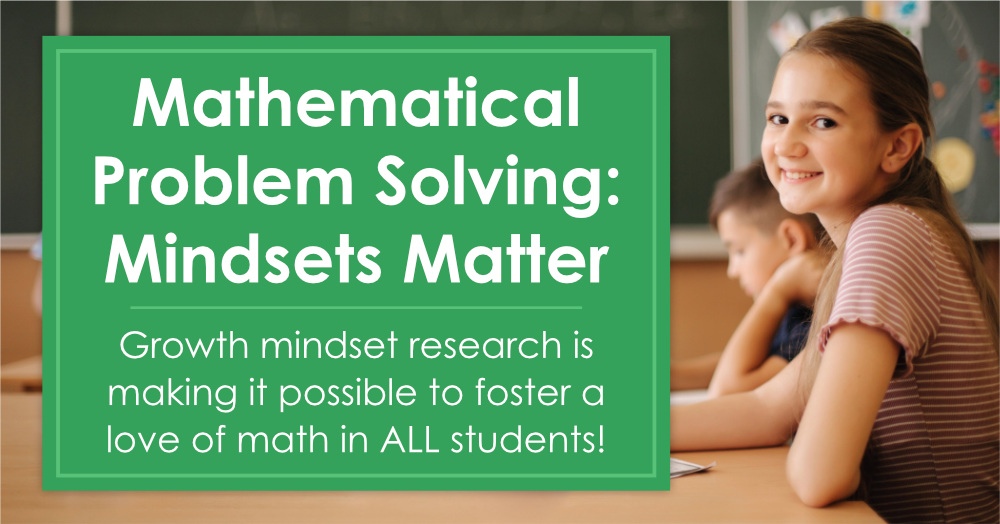
Do you love math? Or are you convinced that the math train left the station without you long ago? No matter how you feel about

Part Two: Crafting the Process When students struggle in math, it’s often due to their beliefs about what it takes to be successful in mathematics.

Part One – Crafting the Problem Growth mindset is much more than a buzzword, and nowhere is this more apparent than in mathematics. Research findings
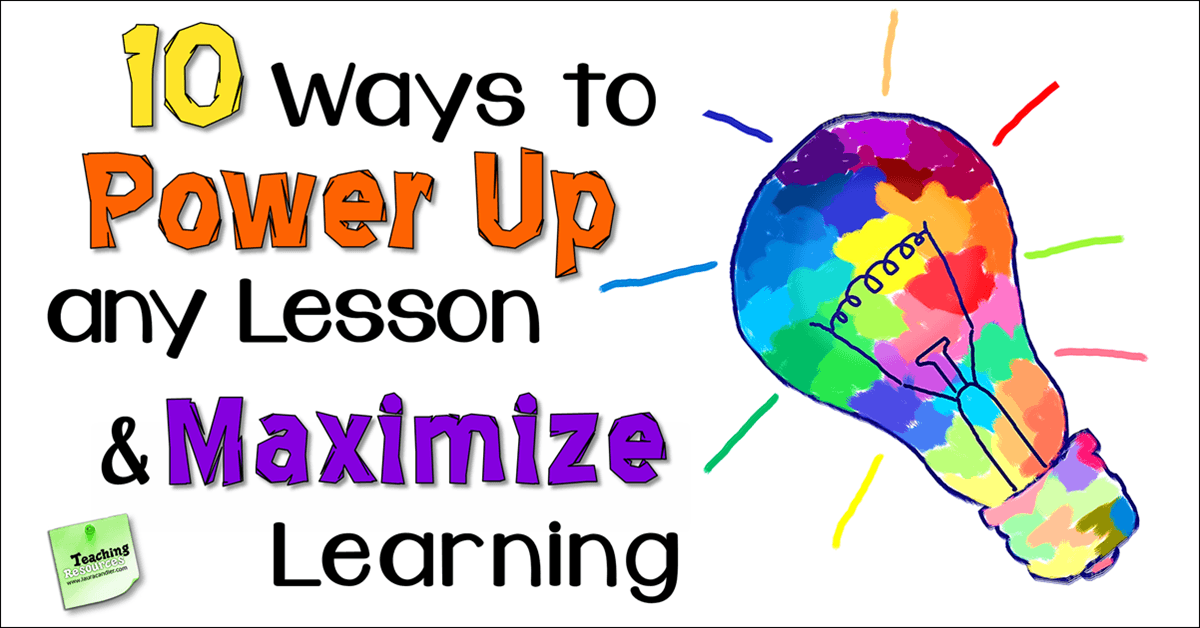
Imagine someone asked you to describe the best lesson you ever taught. Which lesson would you choose? What do you think made that lesson so
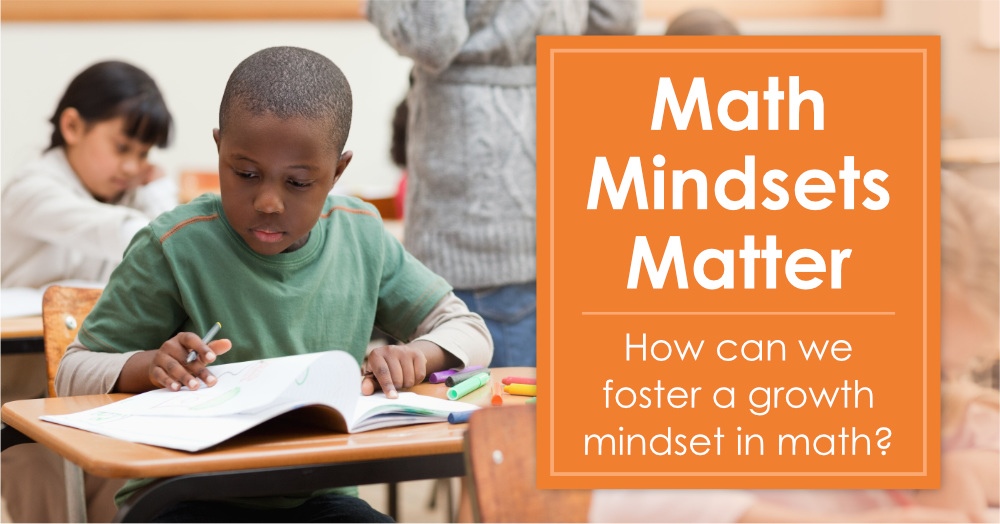
The more I learn about growth mindset, the more fascinated I am with this topic, and the more I realize I have yet to learn.



Discover 20 helpful tips for motivating gifted kids to enjoy thinking deeply. Teach them to love tackling problems by helping them develop a growth mindset.

Raising academic standards is certainly a worthy goal, but sometimes it can have unintended consequences. To find time to teach the rigorous reading and math Common Core standards, many schools are cutting back on physical education, the arts, and life-skill lessons. Yet we need to remember that we aren’t teaching

Dr. Howard Gardner first proposed Multiple Intelligence (MI) theory over 40 years ago, suggesting that IQ is not one-dimensional, and that it can’t be described by a single number. Instead, he proposed that there are at least 8 different types of intelligence, including visual-spatial, musical-rhythmic, interpersonal, and others. While not

Brain Bucks provide a fun, effective, and inexpensive way to encourage students to think outside the box and develop a growth mindset. Read this post to learn more and to grab free Brain Bucks to use with your students!

Multiple Intelligence Theory and the research on Growth Mindset offer us insight into how the brain works, what it means to be intelligent, and how we respond to the challenges of life. Both frameworks have important implications for teaching and learning, and they’re even more powerful when implemented together. In

Do you love math? Or are you convinced that the math train left the station without you long ago? No matter how you feel about it, if you’re an elementary educator, you’ll probably have to teach math at some point. Fortunately, growth mindset research and new findings about how the

Part Two: Crafting the Process When students struggle in math, it’s often due to their beliefs about what it takes to be successful in mathematics. They believe that some people were born with a gift for math, and anyone who wasn’t born with that gift will never excel in math.

Part One – Crafting the Problem Growth mindset is much more than a buzzword, and nowhere is this more apparent than in mathematics. Research findings in this field are transforming our perceptions about best practices in math instruction. As it turns out, developing a mathematical mindset is more highly correlated

Imagine someone asked you to describe the best lesson you ever taught. Which lesson would you choose? What do you think made that lesson so awesome? Let me guess. It was probably fun for both you and your students … maybe a hands-on math lesson, a science investigation, or a

The more I learn about growth mindset, the more fascinated I am with this topic, and the more I realize I have yet to learn. But as fascinated as I am with growth mindset research, I’m even more intrigued by the challenge of putting these findings into practice. In other
